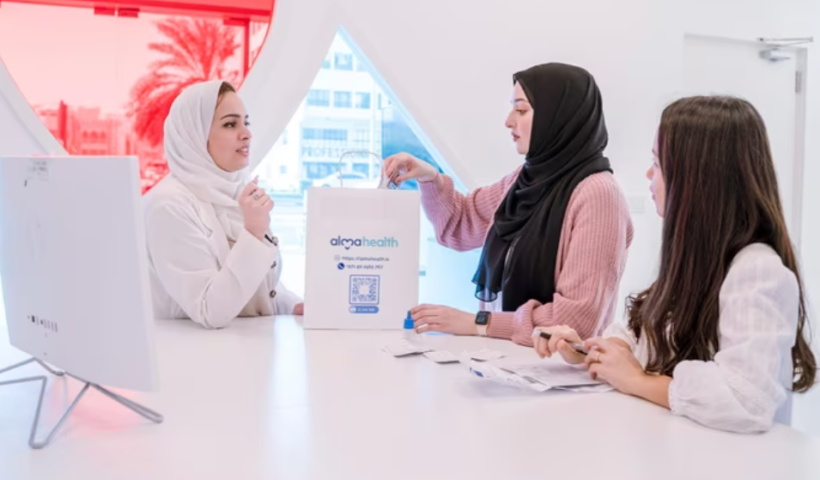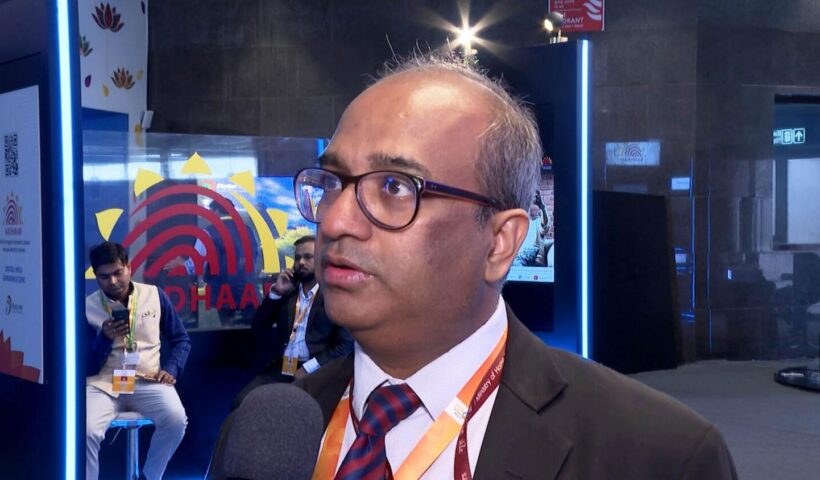In a series of interviews leading up to the publication of his biography on Elon Musk on Tuesday, Walter Isaacson discussed the tech mogul’s “demon mode,” erratic mood swings, and traumatic upbringing. During the two years that Isaacson spent following Musk and speaking with more than 100 people in his social and professional circles, he shared memorable incidents and important insights he learnt. It wasn’t difficult, according to Isaacson, to persuade Musk to allow him to write the biography, he said in an interview with NBC’s “Today” show on Monday.
According to Isaacson, “He views himself as an epic hero on the global stage.” Therefore, it wasn’t difficult to convince him. I believe he desired a biography.
He continued, adding that Musk frequently upholds the principle of transparency: “I just said I got to be with you at all times, I must monitor you, and you have no authority over the book.” Musk was described by Isaacson as a man who is constantly “looking for some drama” while simultaneously trying to push himself to do more. “I can’t hold back a victory.
Before Musk acquired Twitter, Isaacson remembers Musk telling him, “I’ve always placed chips back on the table. He was the richest man in the world at the time and had achieved great success with Tesla and SpaceX. However, Isaacson remarked that Musk occasionally demonstrates erratic behavior and said that Musk’s emotionally harsh upbringing has left lasting scars.
“Musk was a socially awkward child who was thin and frequently bullied on the playground. However, those wounds paled in comparison to having to watch silently as his father sided with the bullies and others who beat him up while having to stand in front of him for up to an hour at a time, Isaacson said. The danger for Elon is that he grows his father, and Elon can turn dark too and get extremely hard on people, at times, as his mother Maye says, Isaacson said on “Today” and making a similar point in an interview in The Atlantic. “And throughout his life, those demons have been bouncing around in his head,” Isaacson said.
When Musk becomes progressively enraged, Claire Boucher, a musician better known by her stage name Grimes, has been referred to as being in his “demon mode,” according to Isaacson. He has a variety of personas, and sometimes you’re around a really, you know, half-joking guy or a guy who is extremely amazing at engineering. But there are times when he enters what his sporadic girlfriend Claire Boucher, better known as Grimes, calls “demon mode,” and that’s when he turns dark, according to Isaacson.
Musk has not received a formal diagnosis, according to Isaacson, but he occasionally “talks about bipolar” when describing his symptoms. He had also been taking a variety of prescription drugs, according to Isaacson. He claims that he hasn’t had an official diagnosis, yet he speaks about being bipolar.
He occasionally consumes a lot of prescription medications. He can have mood swings and occasionally exhibits a Jekyll and Hyde aspect. For example, he might get into a dark, melancholy mood and say things—sometimes things his father said to him—before changing his mind when you ask him about them a few hours later. And he appears to be practically memoryless.



